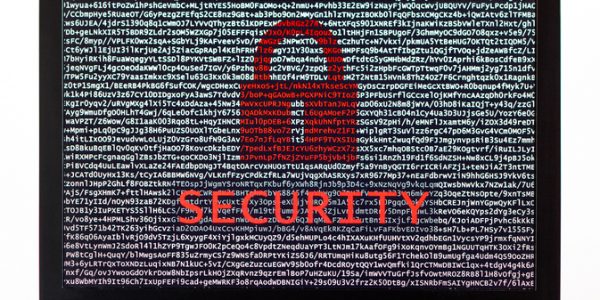Protect yourself from ransomware attacks
Did you know that hackers scour the internet looking for any kind of access point to an organization’s computers or network? This is a business to them – they find an access point, hack the system, and demand a ransom. They are opportunistic and don’t necessarily target any specific organization.
A common access point is using a known password, which are often easy for hackers to find if we don’t practice good password hygiene.
How do you practice good password hygiene?
- DO NOT reuse passwords. It is particularly important to ensure you do not reuse the password(s) you use in your personal life (email, banking, online shopping) at work. With all the news of data breaches in big companies and organizations, make the assumption that your personal information — including your password — is in malicious hands.
- DO NOT share passwords or give your password to anyone.
- Maintain strong passwords. In VCH this means your password should be at least 8 characters in length, with three of four of the following characters: upper case letter, lower case letter, a number, and a punctuation mark. The longer the password the password the better; it makes it harder for hackers to figure it out. IT Security recommends using a passphrase that is easy for you to remember.
Phishing attacks
This is a good opportunity to remind everyone to ensure you are cautious in opening emails that are unfamiliar to you. Hackers also get into our computers and networks via phishing attacks, which trick you into clicking on a link or opening an attachment that can let a hacker in. Phishing attacks are becoming very targeted and can look legitimate. Be very careful. Banks, the Canada Revenue Agency, or any organizations that hold personal information would never send you an email with a link that asks you for your password or to update your information.
What to do if you receive a phishing email
If you accidentally click on a link in one of these phishing emails or open an attachment in a phishing emails,
- Disconnect from the network cable.
- DO NOT shut down your computer.
- Call the Service Desk immediately.
Questions?
If you would like more information on IT security, please go to the IT Security section on the IMITS InfoCentre.

